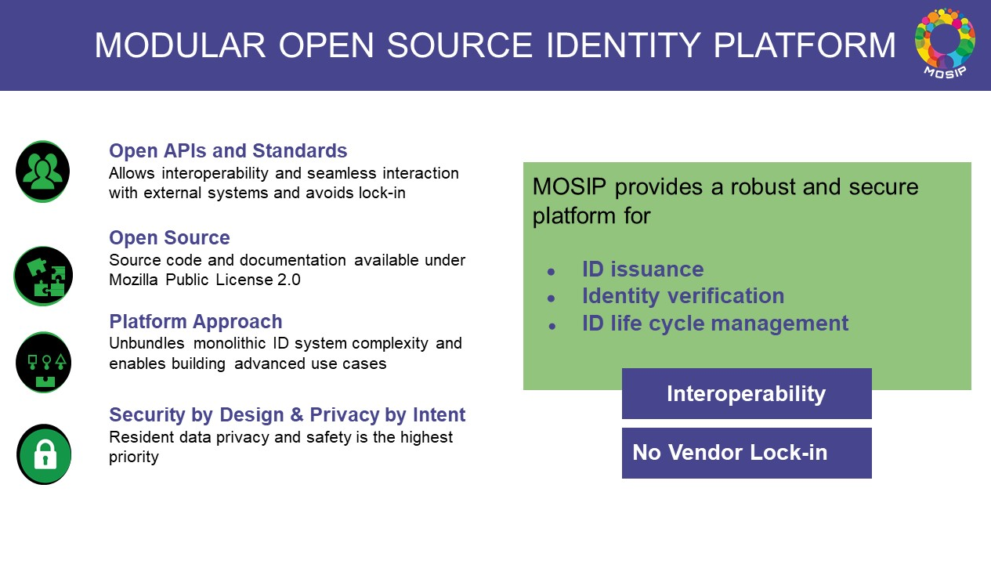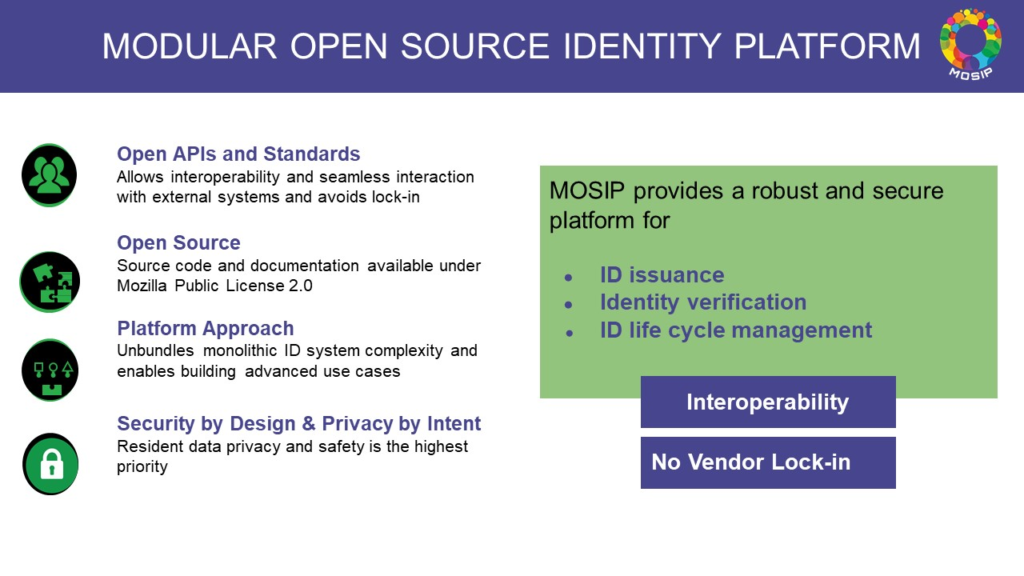Uganda Government Receives New Technology for Mass Renewal of National Identification Cards

In a significant technological advancement, the Government of Uganda is set to receive new technology for the mass renewal of national identification cards (IDs) starting from December 2023. This move comes as the first batch of national IDs issued a decade ago is set to expire next year. With the implementation of this project, citizens can look forward to receiving new IDs with enhanced digital features that promise greater security and efficiency.

To achieve this ambitious initiative, the Ugandan Government is partnering with the International Institute of Information Technology Bangalore, India, to support the National Identification and Registration Authority (NIRA) and the Uganda Security Printing Corporation (USPC). This collaboration aims to ensure the successful implementation of the National Security Information System (NSIS) project.
The managing director of the Uganda Security Printing Company (USPC), George Mugerwa, on Friday told the Minister for Presidency, Milly Babalanda, that the National Security Information System (NSIS) project will be ready and set for the task by December this year.
The system will also be deployed to formulate the electronic voters’ register, among other important tasks. This technology-driven approach to election preparation is expected to streamline and enhance the electoral process, contributing to a more transparent and credible voting experience for Ugandan citizens.
The upcoming IDs will feature a range of enhanced digital components, making them more secure and resistant to fraud. By leveraging cutting-edge technology, the government aims to ensure that the identities of its citizens are well-protected and that the cards can serve as reliable and tamper-proof identification documents.
A significant aspect of this modernization effort lies in the foundation of the new ID system, which is built on a modular open-source identity platform. This choice of infrastructure ensures scalability, adaptability, and long-term sustainability for the identification system. By adopting an open-source approach, the government can leverage the expertise of a broader community of developers and experts, fostering innovation and continuous improvement.

The urgency to update and renew national IDs stems from the fact that many existing IDs are set to expire in 2024. To prevent any disruptions in public services and ensure a smooth transition to the new system, the government has proactively initiated the NSIS project well ahead of time. By starting the issuance of new IDs in December 2023, the authorities aim to provide sufficient time for all eligible citizens to obtain their updated cards before the old ones expire.
The mass renewal of national identification cards also opens new possibilities for efficient service delivery and governance. With more robust digital features, these IDs can be integrated into various e-government services, such as online voting, digital health records, and financial transactions. This convergence of identity and technology paves the way for a more connected and digitally empowered Ugandan society.
As with any significant technological deployment, the government will need to prioritize public awareness campaigns to educate citizens about the new IDs and the advantages they offer. Providing clear instructions for the application process, explaining the added benefits of the enhanced features, and addressing any potential concerns about data security and privacy will be essential in garnering public support for the NSIS project.
The Government of Uganda’s decision to adopt new technology for the mass renewal of national identification cards marks a crucial milestone in the country’s quest for modernization and enhanced security. By collaborating with the International Institute of Information Technology Bangalore, India, and leveraging an open-source identity platform, Uganda aims to create a robust, reliable, and future-proof national ID system. This technological leap is poised to empower Ugandans, streamline governance, and ensure the integrity of the electoral process for years to come.







